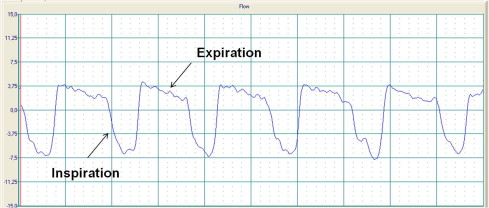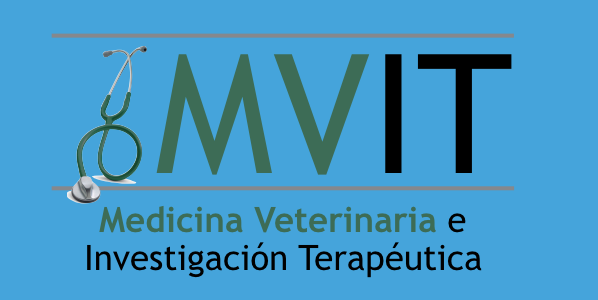
Is Wolbachia participating in the bronchial reactivity of cats with heartworm associated respiratory disease?
Veterinary Parasitology
Volume 196, Issue 1-2, 1 September 2013, Pages 130-135
García-Guasch, L., Caro-Vadillo, A., Manubens-Grau, J., Carretón, E., Morchón, R., Simón, F., Kramer, L.H., Montoya-Alonso, J.A.
Abstract
Heartworm associated respiratory disease is a pulmonary syndrome in cats that results from the vascular and parenchymal inflammatory response associated with the arrival and death of Dirofilaria immitis worms into the distal pulmonary arteries. This parasite harbors intracellular Wolbachia, an endosymbiont bacteria. The association between the parasite and the bacteria is obligatory. Some studies suggest the involvement of Wolbachia in the development of the inflammatory reaction and in the polarization of the host immune response against the parasite. Barometric whole-body plethysmography is a non-invasive pulmonary function test that allows a dynamic study of breathing patterns and is useful to study airway disease and the response to different treatments. The aim of this prospective non-blinded study was to compare the influence of Wolbachia upon the respiratory function variables in a population of cats seropositive to D. immitis by use of Barometric whole-body plethysmography. Fourteen seropositive cats to Wolbachia and eight seronegative cats were put into the plethysmograph chamber and different respiratory variables were measured. The results were analyzed and compared between the two groups of animals. Significant differences were found for bronchoconstriction index variables PAU (pause) (P-value < 0.05) and Penh (enhanced pause) (P-value < 0.05). The results obtained in our study suggest that Wolbachia seems to produce a greater acute inflammatory response at bronchial, vascular and parenchymal level worsening the state of broncho-reactivity associated with the presence of seropositivity to D. immitis in cats.



